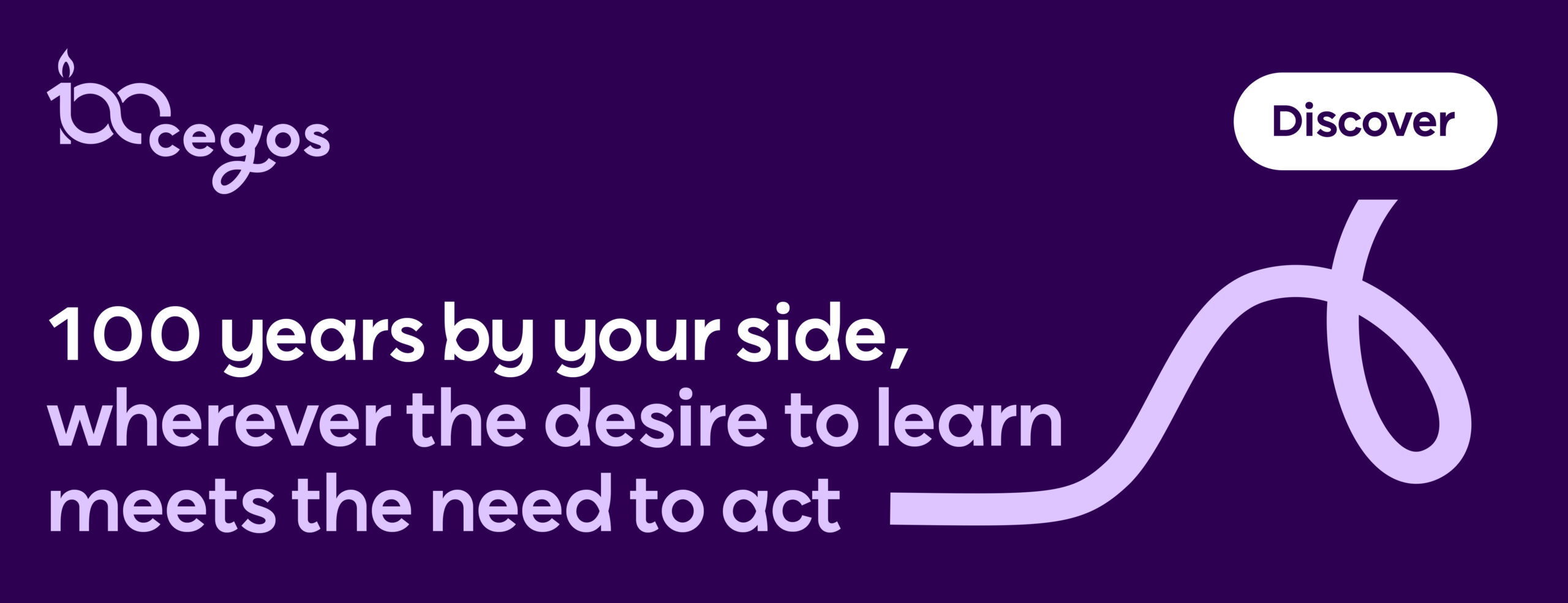
Multi-project management: 6 principles for good organisation

Multi-project management is all about efficiency. There are technics to make sure 'to keep the head above water’ if you or your team are managing or involved in multiple projects.
Adopting the right multi-project management habits is all the more important when carrying out operational activities in addition to projects management. So, here are 6 practical tips to help you or your team:
1. Limiting the number of projects
A working week lasts only 5 days, or 10 half-days.
List all your current projects and ask yourself the following question: how much work do I reasonably need to devote to each of these projects? Add it up! If it's more than 10 half-days, you've got a problem!
If you add to that the time you have to devote to your current activities and the ups and downs of the projects, your problem is even bigger. So it's time to sort out your projects and limit their number. It's often said that serious, value-added involvement in a project requires at least half a day's work. Do the maths: your involvement should be limited to a maximum of 10 projects!
2. Prioritising projects
After this first point, you need to limit the number of projects and activities in which you are involved. So now it's time to sort them out. To do this, we suggest you analyse your projects according to 2 criteria: urgency and importance.
Importance should be analysed in terms of the impact of the project on the achievement of your professional and personal objectives and the impact on the organisation. The urgency criterion refers to the timeframe within which the project must be implemented. By combining these 2 criteria, you'll know whether you absolutely must carry out the project yourself or whether you should consider having someone else do it for you.
3. Assertively getting choices to be accepted
You have now sorted out the projects that need to be carried out. The next step is to delegate the projects you want to stop and refuse new requests for projects that are not a priority for you. There are 2 strategies open to you:
Negotiate with your contact to make the project acceptable to you. You can negotiate: deadlines, workload, the scope of the task or the resources made available to you.
Say no diplomatically, i.e. explain factually why you won't be able to carry out the project, despite its merits, using the thinking behind the previous 2 tips.
4. Concentrating on essential tasks and projects
The major risk with multi-project management is the fragmentation of activities.
Extreme fragmentation of activities and interruptions will not only result in a loss of efficiency, but will also generate mental fatigue and major stress. It has been shown that it is better to put tasks in series and devote yourself fully to them than to try to carry them out in parallel by constantly ‘switching’ from one activity to another. Concentration and focus on the core tasks is the key to efficiency.
To ensure concentration, what better way than to set aside dedicated slots of 1 to 2 hours in your diary for your projects (including project meetings). Be careful, however, to leave time in your diary for dealing with the unexpected, unforeseen events and informal interactions.
5. Saving time by making project meetings more professional
Most of a project manager's work consists of coordinating the people involved in the project to achieve the project's objective. This translates into multiple meetings for each of the projects being managed. Well-managed project meetings will save you a lot of time and make you more efficient. To achieve this:
- Schedule your progress meetings once and for all, on the same day, at the same time and why not in the same room (virtual if necessary). This will save you precious organisational time.
- Always use the same agenda: what was achieved last week, any problems or risks that have arisen, actions to be taken.
- Keep to the timing of your meetings (no more than one hour). Above all, don't try to solve complex problems at the meeting, but assign the appropriate team members to resolve them and record the action in the minutes.
- Use a table of actions and decisions, updated every week, as the minutes. This document, which is updated during the meeting, does not need to be written up after the meeting.
6. Taking care of one's sense of personal effectiveness
The stress associated with the mental workload of all your projects can make you feel that, despite your constant involvement, nothing is moving forward. So it's important to sow the pebbles that will make you realise that although the path is difficult, you are making progress!
If you have implemented the above tips, you will have identified realistic multi-project steering objectives and turned them into concrete actions to be implemented in your diary.
At the end of each week, take stock of what has been achieved during the week on each of your projects. You'll see that progress is being made and you'll no doubt be surprised at how much has been achieved.
Should you wish to develop your or your teams' project management efficiency, contact us today
This article was originally published in French on the Cegos France blog under the title "Gestion multiprojets : 6 principes pour bien s’organiser"










